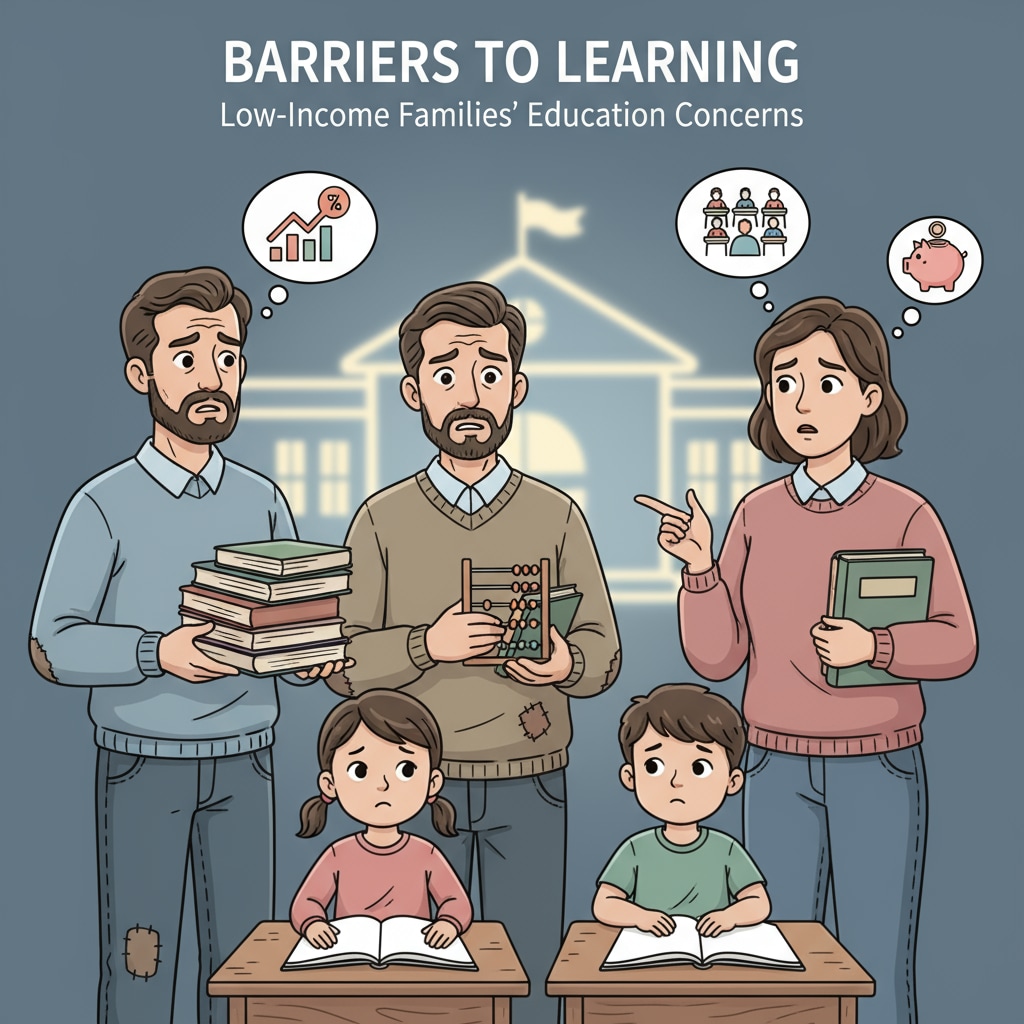Family education, parental involvement in low-income families play a crucial role in a child’s educational journey. However, these families often encounter numerous obstacles.

The Struggles of Parental Involvement in Low-Income Family Education
One of the primary challenges is the lack of time. Many parents in low-income families hold multiple jobs to make ends meet. As a result, they have limited time to engage in their children’s education, such as helping with homework or attending parent-teacher meetings. For example, a parent who works long hours in a factory may not be able to have dinner with their child, let alone assist with schoolwork. According to the U.S. Department of Education, time constraints are a significant hurdle for parental involvement in low-income families.

Resource Constraints in Low-Income Family Education
In addition to time, resources are also a major issue. Low-income families may not have the financial means to provide educational materials like books, computers, or access to tutoring services. This lack of resources can put their children at a disadvantage compared to peers from more affluent families. A study by the National Center for Education Statistics shows that students from low-income families often lack essential learning resources.
Another aspect is the parents’ own knowledge and skills. Some may not have received a high level of education themselves, making it difficult for them to help their children with academic subjects. Moreover, psychological factors also come into play. Parents in low-income families may feel stressed or inferior, which can affect their enthusiasm and confidence in participating in their children’s education.
To address these issues, several solutions can be considered. Firstly, schools should build a more comprehensive support system. This could include providing after-school programs where teachers can help students with their homework and offer additional learning opportunities. Secondly, communities can integrate resources. Local libraries can organize free reading activities for children from low-income families, and community centers can offer affordable tutoring services. Finally, the government should introduce policies to support low-income families in education, such as providing subsidies for educational materials.
Readability guidance: By understanding the challenges and implementing these solutions, we can help low-income families overcome the difficulties in parental involvement in family education, and create a more equal educational environment for children.


